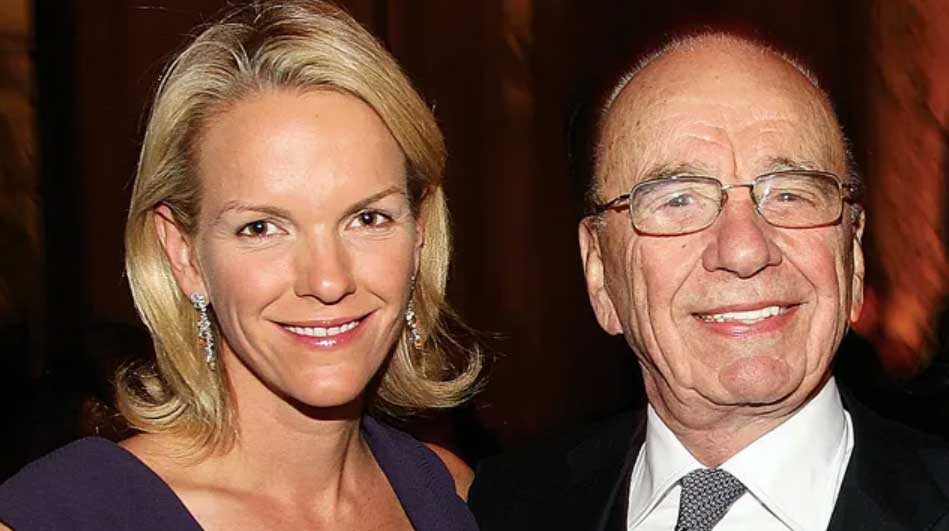The specifics of the case indicate that Rupert Murdoch wished to change the trust established in 1999, which was intended to structure the family's media holdings and succession plans. A spokesperson for the dissenting children expressed hope for reconciliation following the ruling, while Murdoch's legal team announced intentions to appeal, underscoring the contentious nature of the situation.
The origins of this trust modification bid appear rooted in concerns of "lack of consensus" among the siblings, with Lachlan reportedly seen as the more conservative, legacy-preserving choice compared to his siblings. The trial's revelations noted a reaction within the family after a relevant episode of "Succession," which prompted discussions about preparation for their father's potential passing and subsequent management of the family business.
Historically, Rupert Murdoch's quest to establish a dynasty has driven his family dynamics, leading to tensions exacerbated by differing political ideologies among his children. The trust, intended to balance power among them post-Murdoch's lifetime, remains a focal point of contention. With the commissioner’s ruling being suggestive, the ultimate decisions may yet hinge on further legal interpretations.
The stakes are high, signaling the complex interplay of familial loyalty, business ethics, and the multi-billion dollar media empire that Rupert Murdoch has crafted over decades.
This enduring saga captivates observers both for its personal narrative and its reflection of larger socio-political themes surrounding wealth, influence, and governance within family-run enterprises.
The origins of this trust modification bid appear rooted in concerns of "lack of consensus" among the siblings, with Lachlan reportedly seen as the more conservative, legacy-preserving choice compared to his siblings. The trial's revelations noted a reaction within the family after a relevant episode of "Succession," which prompted discussions about preparation for their father's potential passing and subsequent management of the family business.
Historically, Rupert Murdoch's quest to establish a dynasty has driven his family dynamics, leading to tensions exacerbated by differing political ideologies among his children. The trust, intended to balance power among them post-Murdoch's lifetime, remains a focal point of contention. With the commissioner’s ruling being suggestive, the ultimate decisions may yet hinge on further legal interpretations.
The stakes are high, signaling the complex interplay of familial loyalty, business ethics, and the multi-billion dollar media empire that Rupert Murdoch has crafted over decades.
This enduring saga captivates observers both for its personal narrative and its reflection of larger socio-political themes surrounding wealth, influence, and governance within family-run enterprises.





















